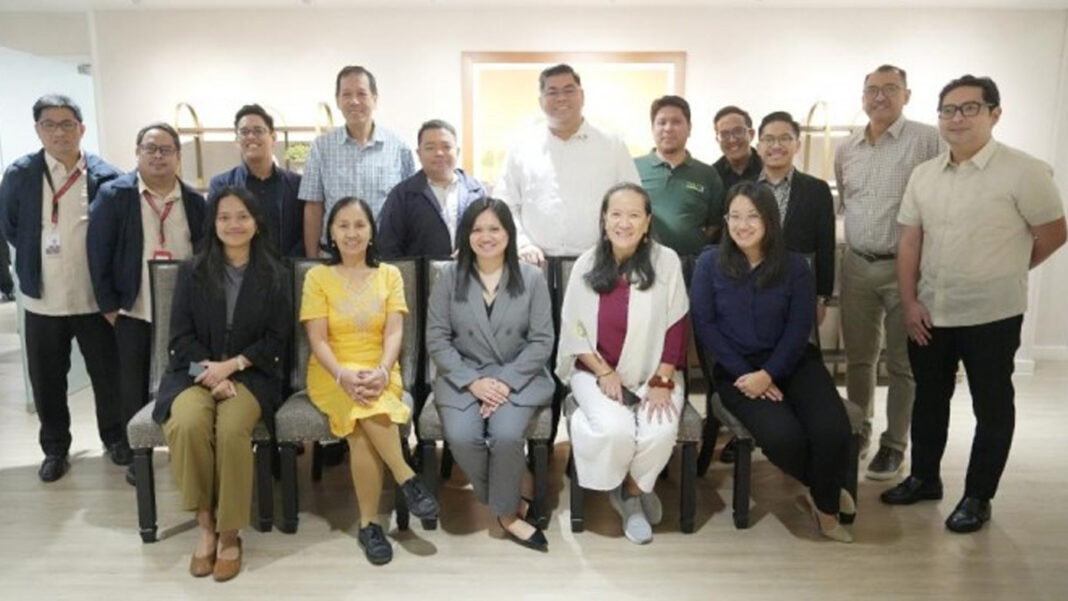House Committee on Higher and Technical Education chair Jude Acidre of Tingog Party-list on Tuesday led a consultation with leaders of various civil society organizations (CSOs), marking the beginning of a broader push to institutionalize public participation in crafting the 2026 national budget.
The meeting held at the House of Representatives was considered a key step toward greater transparency and accountability in government spending.
Acidre said he was pleased with the enthusiasm of the participants and their strong support for the broader transparency and accountability reforms being implemented under the leadership of Speaker Ferdinand Martin Romualdez in the remaining three years of the Marcos administration.
“I am encouraged by the energy and the openness that our civil society partners brought to the table today. Your participation is not only welcome, it is essential if we are to make the national budget process a true reflection of the people’s priorities,” Acidre told the participants.
“We believe that involving civil society groups at the very start of budget discussions will help us craft a national budget that is more responsive, inclusive, and aligned with the needs of our people.”
They were joined by Deputy Secretary General Romulo Emmanuel Miral of the Congressional Policy and Budget Research Department, and lawyer Muel Romero, head executive assistant of the Office of the Speaker.
House Resolution (HR) No. 94, introduced by Romualdez along with Tingog Representatives Yedda Marie Romualdez, Andrew Julian Romualdez and Acidre, provides that bona fide people’s organizations and non-governmental organizations (NGOs) may be granted official non-voting observer status in the public hearings of the appropriations committee on the national budget and all subsequent general appropriations.
The resolution outlines that accredited observers would be invited to attend budget briefings and deliberations, submit position papers and access relevant budget documents necessary to support their participation.
It also envisions their involvement as a way to strengthen citizen oversight and ensure broader scrutiny of how government funds are allocated.
The proposal forms part of a three-pronged set of budget reforms pursued by the House under Speaker Romualdez, which includes opening the bicameral conference committee meetings on the budget to the public, abolishing the “small committee,” and granting civil society and NGO representatives official observer status in budget hearings.
“These reforms are meant to take away the shadows from the budget process. We want the people to see what we see, to know what we know and to understand why we make the choices we do,” Acidre said.
Participants in the consultation expressed their support for the measure and stressed the importance of early access to budget information, sector-specific dialogue and sustained participation throughout the budget cycle.
Acidre assured them that their feedback would be factored into the final version of the resolution.
He said the consultation was only the start of a series of engagements with civil society groups, including sectoral and regional consultations, to ensure broad representation and participation.
The initiative resonates with President Ferdinand R. Marcos Jr.’s call for stronger fiscal governance and more people-centered public service. (PNA)


